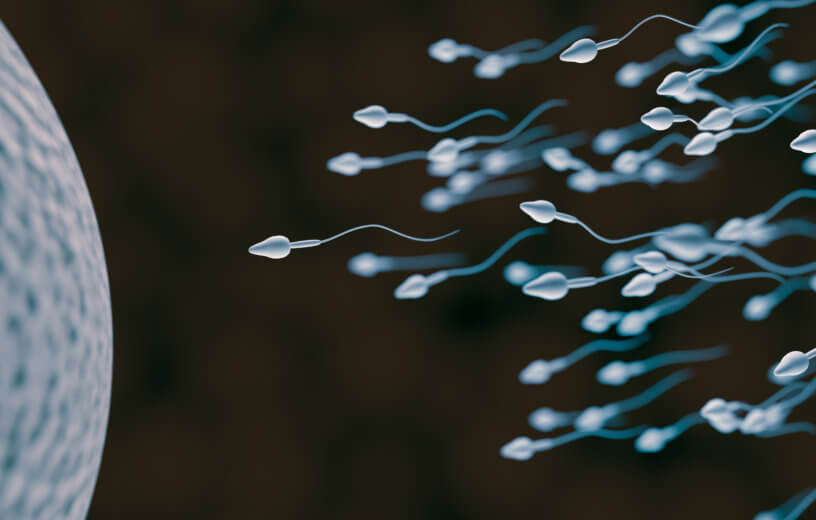ATHENS, Ga. — Researchers from the University of Georgia find that it may be possible for severe cases of COVID-19 to infect the testicles and reduce male fertility. Study authors reviewed all the possible ways the coronavirus may target and infect testicular cells among male patients.
“We know that in severe cases, the testis does not do well during COVID,” says lead study author Clayton Edenfield, a doctoral environmental health science student in UGA’s College of Public Health, in a university release.
Edenfield worked under the direction of associate professor Charles Easley, a study co-author on this work.
“Fortunately, most people that are of reproductive age are fairly protected from severe cases, but in the 1% that is affected, the virus could cause a lot of damage,” the researcher adds.
The team included all available evidence pertaining to SARS-CoV-2’s interactions with the human body’s cells, patient reports and data, and prior research on the impact of other SARS-CoV viruses on the testis.
Men’s testicles more vulnerable to COVID?
Thus far, scientists have established that SARS-CoV-2 is capable of infecting multiple organs throughout the human body via two major proteins: angiotensin-converting enzyme 2 (ACE2) receptors and transmembrane protease serine 2 (TMPRSS2). These proteins essentially act as doors, allowing the virus to walk right into the cell.
The testicles just so happen to produce both of those proteins, in all likelihood making them quite susceptible to viral infection and potential cell damage. While it isn’t 100-percent certain that the coronavirus can infect the testicles, clinical reports indicate that it is possible.
“There have been autopsy reports that show some sort of viral entry into the testis as well as downside effects of the virus in the testis. So, this is going to be things like inflammation and orchitis, testicular pain, as well as the breakdown of the blood-testis barrier—and even in some cases, the virus is actually in ejaculate,” Edenfield explains.
Long COVID may leave men with long-term damage
Many long COVID patients experience lingering damage in organs like the heart or lungs, and study authors say there is no reason to think the testicles would be any different. For example, it’s possible COVID-19 could damage the blood-testis barrier, which acts as a wall of sorts, keeping out environmental toxins, viruses, and the human body’s own immune cells.
“If it’s being damaged by this whole-body immune response, and the virus can interact with the blood-testis barrier, you’d see a very large reduction in fertility,” Edenfield notes.
The researcher adds that such an infection might be detectable by looking out for a low sperm count or lower-than-average sperm quality.
It’s important to note that scientists have not confirmed a definitive link between COVID-19 and male fertility. However, study authors say the absolute worst-case scenario would be the coronavirus damaging the cells responsible for creating sperm. Besides impacting fertility, such a development may also lead to birth defects.
The study appears in the journal Nature Reviews Urology.
